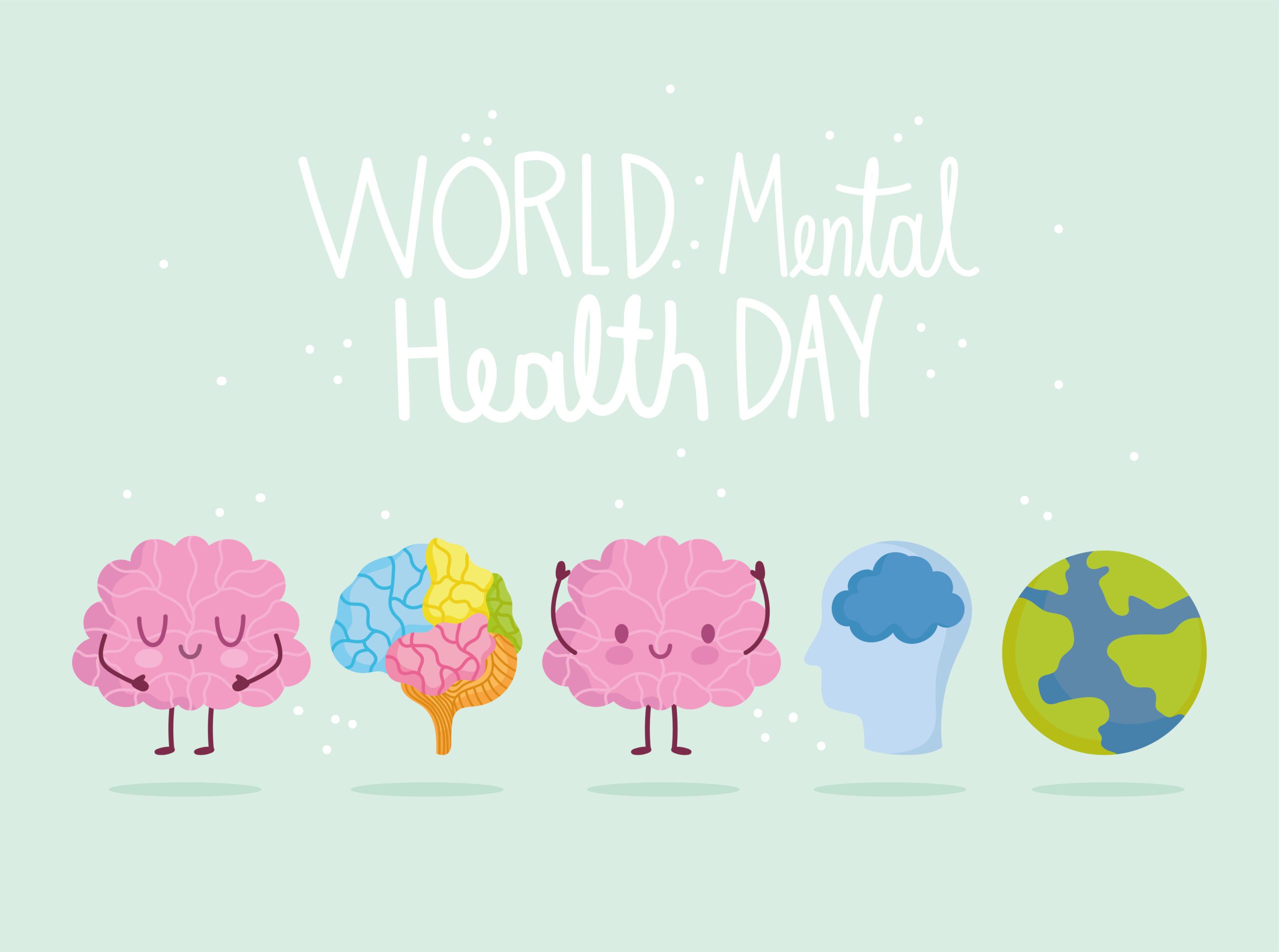Each fall, the World Federation for Mental Health (WFMH) campaigns for World Mental Health Day. The goal is to prioritize and protect mental health as well as educate people about mental health disorders. Each year, the context of mental health is addressed with different themes. Last year, the theme went global, framing mental health as a universal human right. This year, in 2024, WFMH members are promoting and organizing October 10 with an annual theme of mental health in the workplace.
The theme is relevant for nearly every adult in the American workforce, and almost every employed adult worldwide. The reports are clear: depression and anxiety saturate the workplace, potentially costing the economy approximately one trillion dollars if left unacknowledged and untreated. The poor mental health of employees affects employers, organizations, stakeholders, and entire corporations.
The WFMH sees the economic blow that psychological stress and mental health issues can cause—but they’re also acutely aware of how much psychological pain many workers experience:
- Almost 80% of American workers report that they’re suffering from at least one mental health symptom.
- Over 80% of polled workers admitted that their job conditions or culture was helping to trigger at least one mental health obstacle or general psychological discomfort.
- More than 80% of American employees said they will be looking for job environments that prioritize and support mental health in the future.
Workers, at least for some of their work life, are stressed, depressed, and anxious due to the nature or conditions of their job. When those negative emotions and somatic symptoms (like elevated heart rate or fatigue) consistently present themselves, it can be exhausting for the mind and the body.
Americans can spend up to 90,000 hours of their lives working. That’s almost 10 straight years of non-stop work with no days off. When the body constantly feels the effects of stress, anxiety, and depression—the long-term effects range from loss of sleep and digestive problems to high blood pressure and heart, reproductive, and immune system issues. Unfortunately, sustained poor mental health can also prompt substance abuse and substance use disorder (SUD) across America.
Why Workplace Mental Health Matters in Sobriety
Most people who have an SUD work. Many of our Waypoint Recovery inpatient residents have had experience in the workforce and are looking to return to it after treatment concludes. Many of our intensive outpatient participants are working while they simultaneously treat and manage their SUD.
A large part of relapse prevention is safeguarding your mental health and psychological wellness. Here in Cameron and North Charleston, SC, we’re experts in teaching relapse prevention strategies like the following:
- Identifying and reducing areas of stress
- Acknowledging and treating depression, anxiety, and boredom—which are all predictive of relapse
- Learning how to avoid the HALT triggers of hunger, anger, loneliness, and tiredness
In short, if workers also happen to be in recovery, job-related stress may be causing not only depression and anxiety but substance abuse as well. That’s why, in addition to teaching emotional management tactics, we focus on sustained individual therapy programs. Therapy options include clinically successful approaches like cognitive-behavioral therapy (CBT), expressive arts therapy, brain-based therapy, and recreational therapy.
Celebrate World Mental Health Day With Waypoint Recovery in South Carolina
Whether or not you’re working with our South Carolina team, this year’s World Mental Health Day invites you to prioritize your mental health at home and at work. We also recognize that this responsibility doesn’t fall fully on the shoulders of the employed, but the employer too. Sobriety is always a group effort, and honoring our mental health is as well.
Everyone in recovery and anyone who supports someone in recovery will find that the workplace theme of October 10th has an uplifting philosophy for home and work life:
- Harm reduction: choose safety and security
- Connection and community: rely on your social support and stay in spaces where it is clear you can belong
- Work-Life Harmony: practice autonomy and flexibility
- Matter at Work: choose jobs that don’t compromise your dignity
- Opportunity for Growth: go where your accomplishments are celebrated and your learning is welcomed
If you have questions, or concerns, or are hoping to understand how healthy, sustainable sobriety looks in the workplace—from hands-on labor to the corporate landscape—Waypoint Recovery is here to help. We will provide you and your loved ones with the lifelong tools that will help you recognize how to improve your mental health at work, at home, and with your friends and family. Contact us today!





